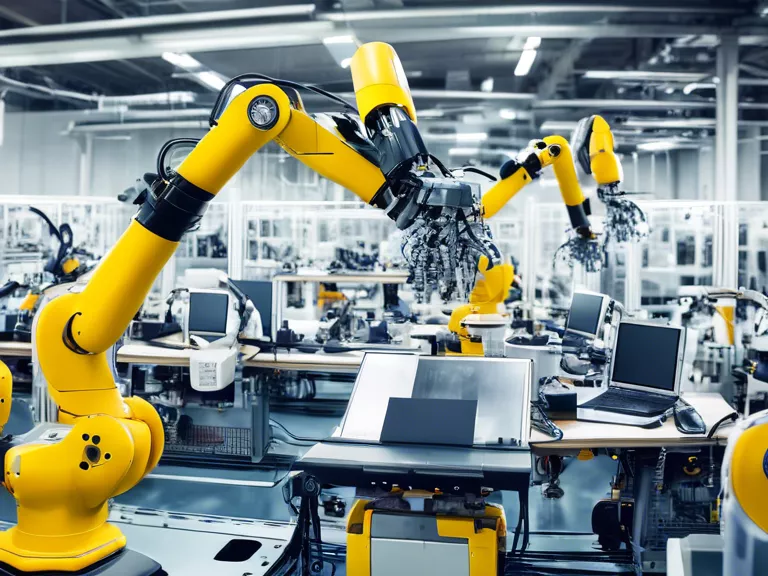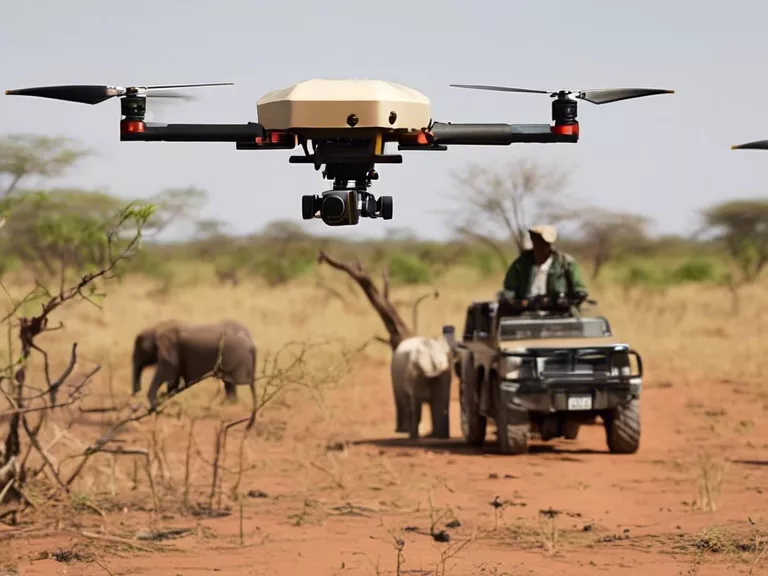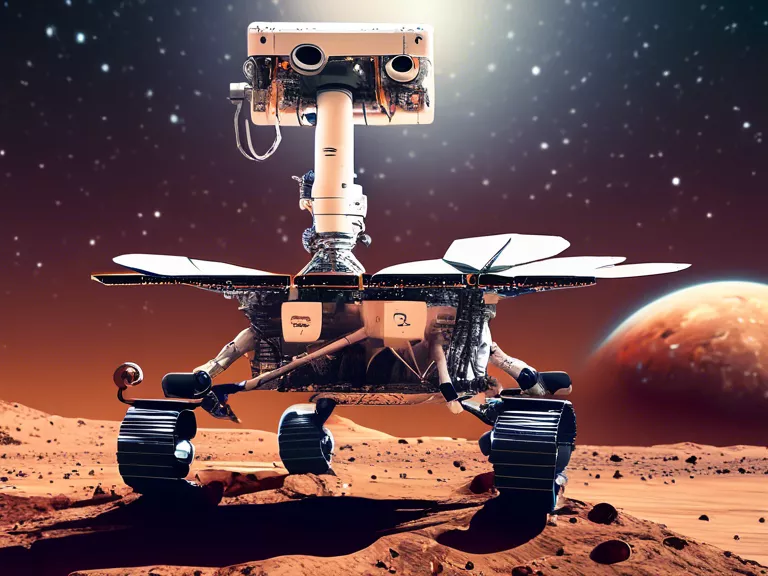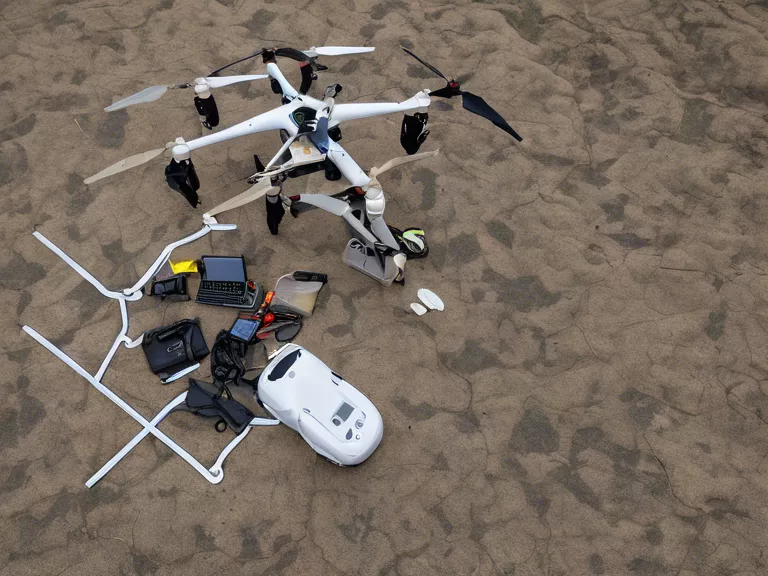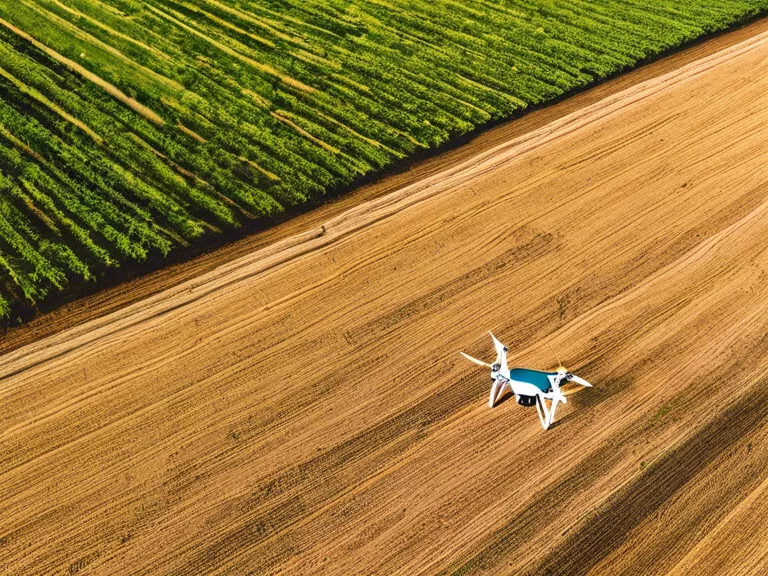
Autonomous drones are revolutionizing the agricultural industry by providing real-time data for crop monitoring, leading to more efficient and sustainable farming practices. These drones are equipped with cameras and sensors that can collect valuable information on crop health, pest infestations, soil conditions, and more. In this article, we will explore how autonomous drones are redefining agricultural crop monitoring and the benefits they bring to farmers.
As technology continues to advance, agriculture is becoming increasingly data-driven. Autonomous drones offer a cost-effective and efficient way to collect data on large fields that would be difficult or time-consuming for farmers to monitor manually. With high-resolution cameras and multispectral sensors, drones can capture detailed images of crops from different angles and wavelengths, providing insights that are not visible to the naked eye.
One of the key advantages of autonomous drones in crop monitoring is their ability to detect early signs of stress or disease in plants. By analyzing the data collected by drones, farmers can identify problem areas in their fields and take corrective actions before the issues escalate. This proactive approach can help farmers save time, resources, and ultimately improve crop yields.
In addition to monitoring crop health, autonomous drones can also assist in precision agriculture practices such as variable rate application of fertilizers and pesticides. By analyzing the data collected by drones, farmers can create customized treatment plans for their fields, optimizing the use of inputs and reducing environmental impact.
Moreover, autonomous drones can help farmers track the progress of their crops throughout the growing season, allowing them to make informed decisions about irrigation, harvesting, and crop rotation. By having access to real-time data, farmers can improve their yields, reduce waste, and ultimately increase their profitability.
In conclusion, autonomous drones are transforming the way farmers monitor their crops, providing valuable data that can lead to more sustainable and efficient agricultural practices. With their ability to collect real-time information on crop health, soil conditions, and more, drones are empowering farmers to make informed decisions that can improve crop yields and reduce environmental impact.
